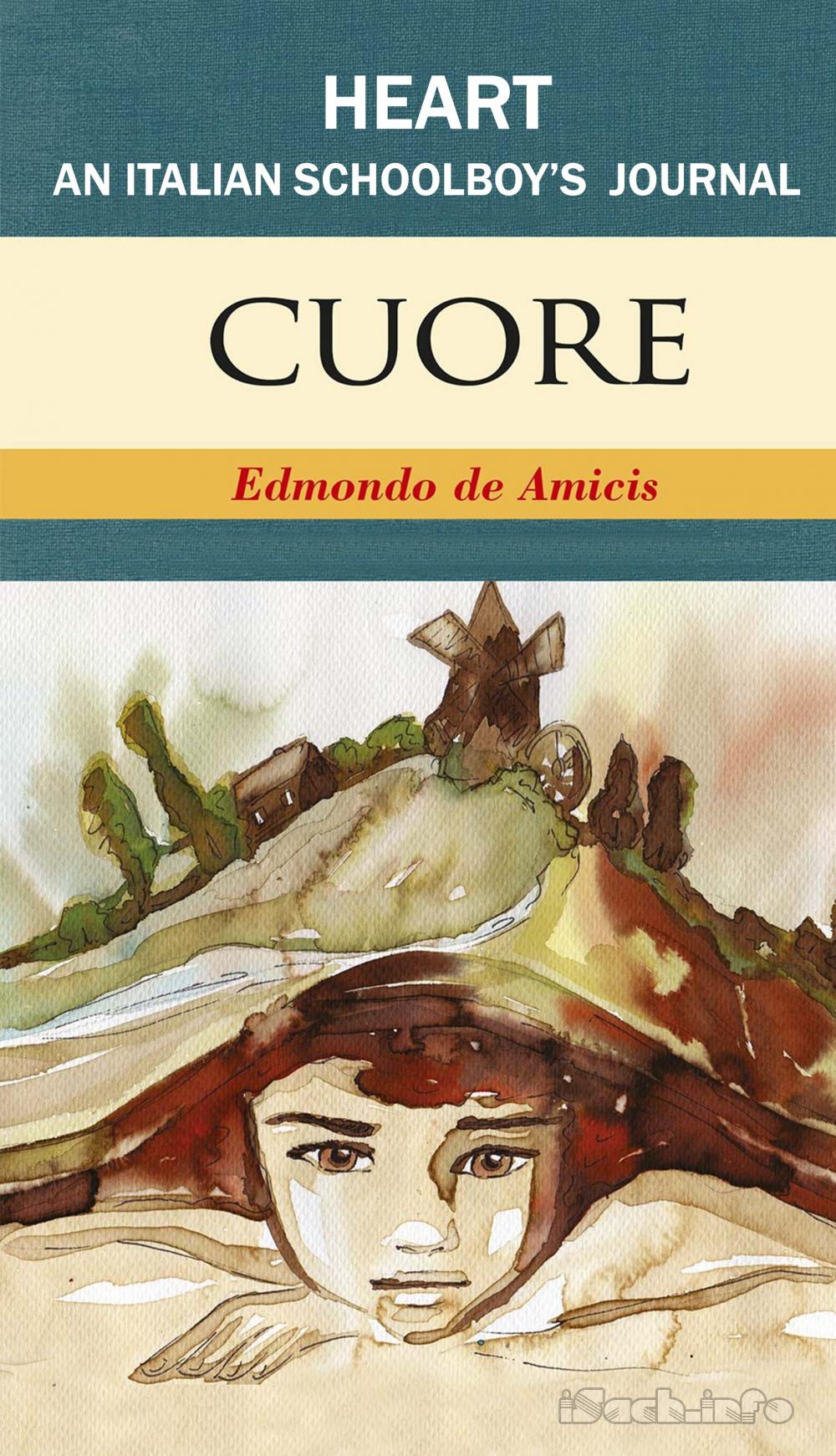Part III: December – Chapter 24: The Trader
T
hursday, 1st.MY father wishes me to have some one of my companions come to the house every holiday, or that I should go to see one of them, in order that I may gradually become friends with all of them. Sunday I shall go to walk with Votini, the well-dressed boy who is always polishing himself up, and who is so envious of Derossi. In the meantime, Garoffi came to the house to-day,—that long, lank boy, with the nose like an owl’s beak, and small, knavish eyes, which seem to be ferreting everywhere. He is the son of a grocer; he is an eccentric fellow; he is always counting the soldi that he has in his pocket; he reckons them on his fingers very, very rapidly, and goes through some process of multiplication without any tables; and he hoards his money, and already has a book in the Scholars’ Savings Bank. He never spends a soldo, I am positive; and if he drops a centesimo under the benches, he is capable of hunting for it for a week. He does as magpies do, so Derossi says. Everything that he finds—worn-out pens, postage-stamps that have been used, pins, candle-ends—he picks up. He has been collecting postage-stamps for more than two years now; and he already has hundreds of them from every country, in a large album, which he will sell to a bookseller later on, when he has got it quite full. Meanwhile, the bookseller gives him his copy-books gratis, because he takes a great many boys to the shop. In school, he is always bartering; he effects sales of little articles every day, and lotteries and exchanges; then he regrets the exchange, and wants his stuff back; he buys for two and gets rid of it for four; he plays at pitch-penny, and never loses; he sells old newspapers over again to the tobacconist; and he keeps a little blank-book, in which he sets down his transactions, which is completely filled with sums and subtractions. At school he studies nothing but arithmetic; and if he desires the medal, it is only that he may have a free entrance into the puppet-show. But he pleases me; he amuses me. We played at keeping a market, with weights and scales. He knows the exact price of everything; he understands weighing, and makes handsome paper horns, like shopkeepers, with great expedition. He declares that as soon as he has finished school he shall set up in business—in a new business which he has invented himself. He was very much pleased when I gave him some foreign postage-stamps; and he informed me exactly how each one sold for collections. My father pretended to be reading the newspaper; but he listened to him, and was greatly diverted. His pockets are bulging, full of his little wares; and he covers them up with a long black cloak, and always appears thoughtful and preoccupied with business, like a merchant. But the thing that he has nearest his heart is his collection of postage-stamps. This is his treasure; and he always speaks of it as though he were going to get a fortune out of it. His companions accuse him of miserliness and usury. I do not know: I like him; he teaches me a great many things; he seems a man to me. Coretti, the son of the wood-merchant, says that he would not give him his postage-stamps to save his mother’s life. My father does not believe it.
“Wait a little before you condemn him,” he said to me; “he has this passion, but he has heart as well.”



 ePub
ePub A4
A4